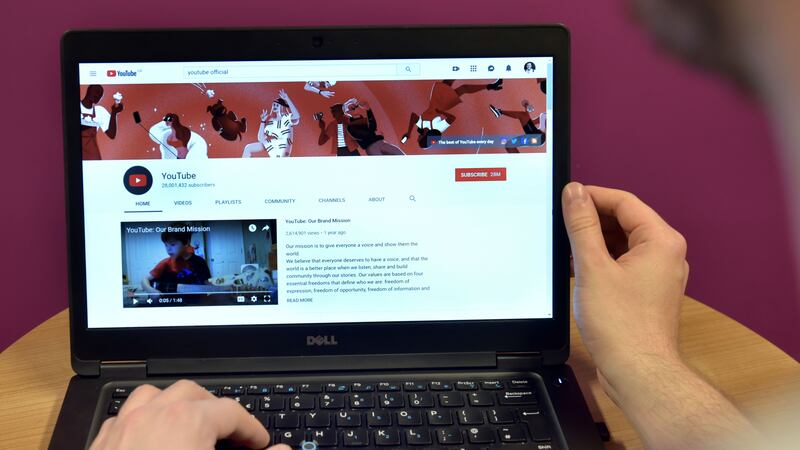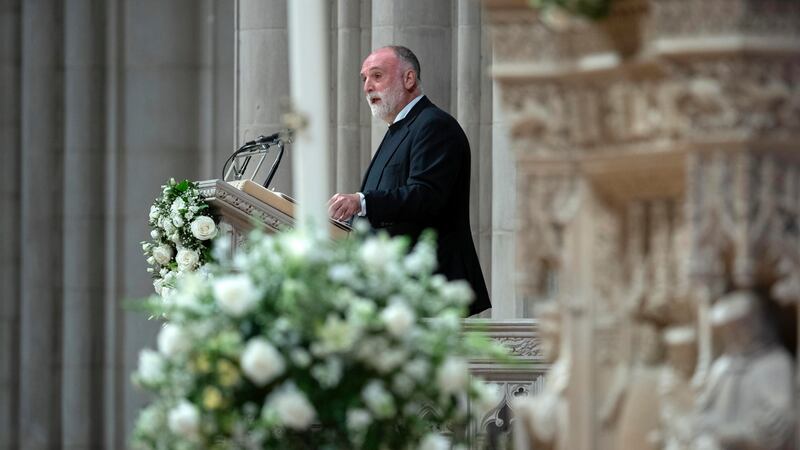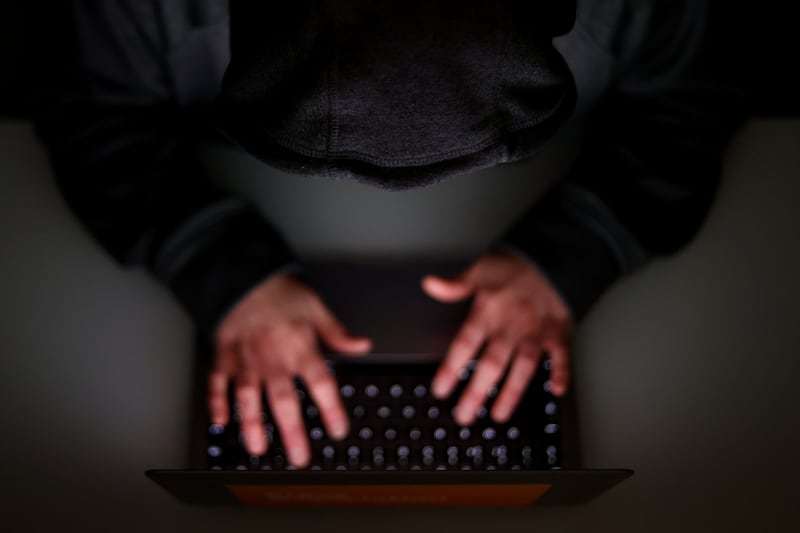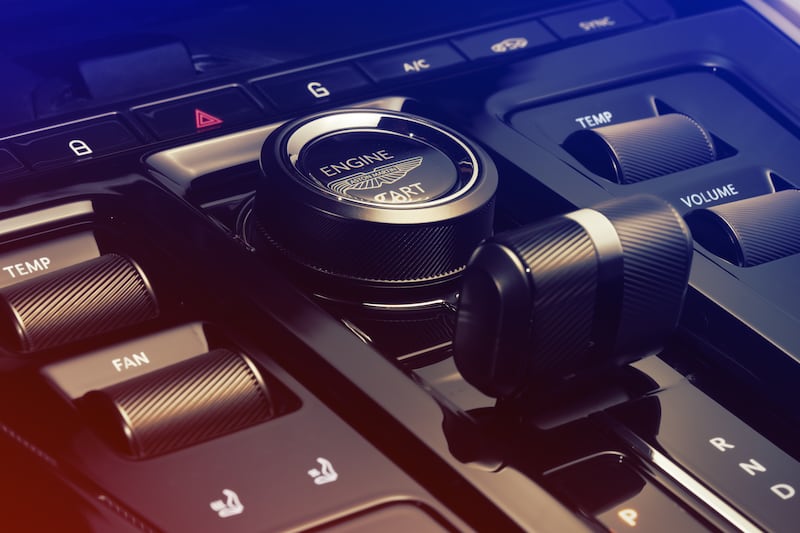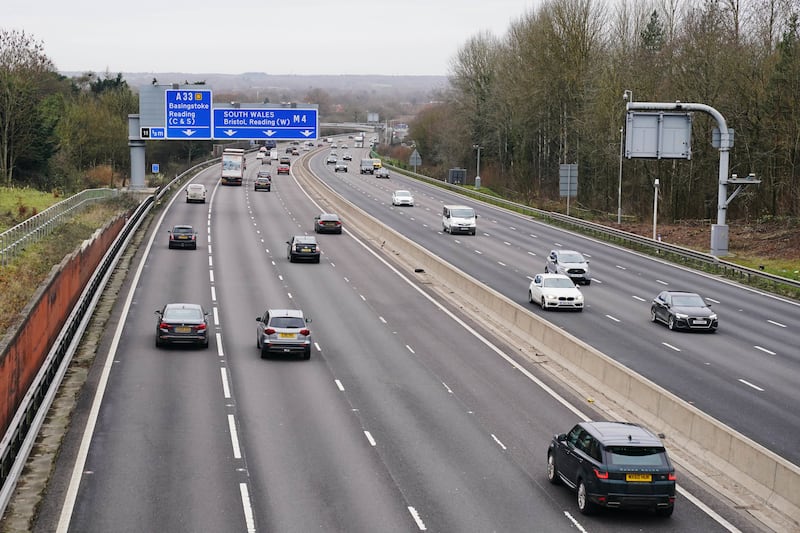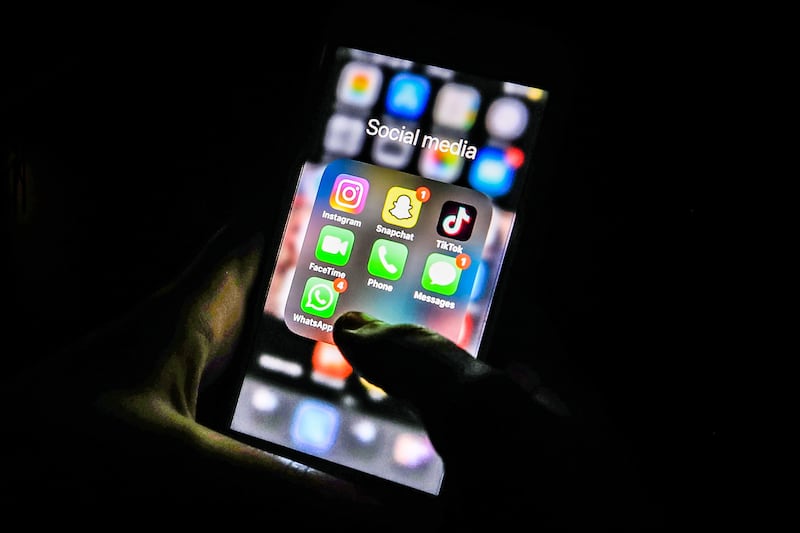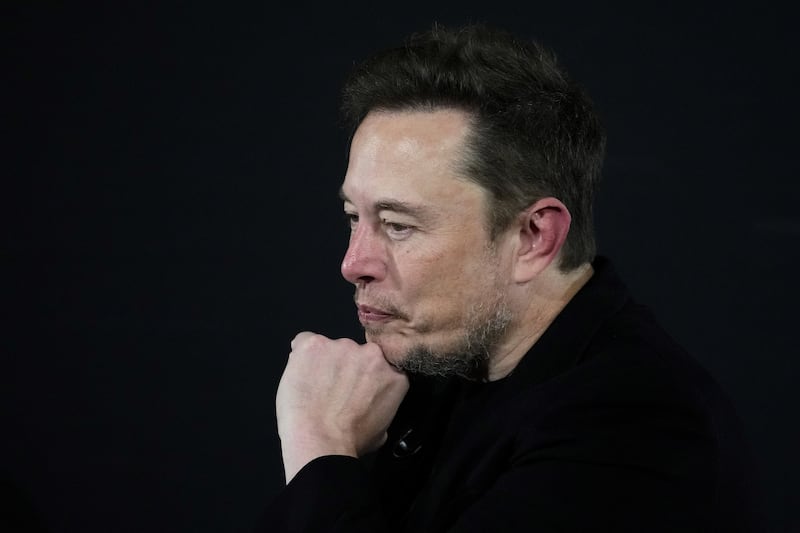YouTube has warned that more content could be blocked in the short term as a result of changes in the way it deals with music copyright.
Music owners are able to make claims against videos even if it features a very short snippet or unintentional clip of music, such as a radio playing in the background of a person filming in a park.
Where the video creator earns money from these videos, all revenue is transferred from them to the claimant, regardless of the amount of music heard.
🥁New today
A policy preventing Copyright owners from making $ on manual claims for:
🎵Short song clips (ex: 5 sec of a song)🎵Unintentional audio (ex:🎶from passing cars)
Claimants can still block monetization or the video itself, but timestamps help you edit out the claim.
— TeamYouTube (@TeamYouTube) August 15, 2019
The Google-run platform noticed a “concerning trend” of aggressive manual claiming and has decided to ban the practice from mid-September.
“Today, we’re announcing additional changes to our manual claiming policies intended to improve fairness in the creator ecosystem, while still respecting copyright owners’ rights to prevent unlicensed use of their content,” the company said.
“Going forward, our policies will forbid copyright owners from using our Manual Claiming tool to monetise creator videos with very short or unintentional uses of music.”
📢 We know it’s frustrating when a copyright owner manually claims all the revenue from a video with short or unintentional audio, so we’re making changes to make the system fairer. Learn more here → https://t.co/vazJB1zKXg pic.twitter.com/yXvIh1Z1XY
— YouTube Creators (@YTCreators) August 15, 2019
However, copyright owners will still be able to prevent monetisation or block the video if their claim is successful, which YouTube says could lead to an increase in blocked content in the short term.
“Once we start enforcement, copyright owners who repeatedly fail to adhere to these policies will have their access to Manual Claiming suspended,” YouTube continued.
“We strive to make YouTube a fair ecosystem for everyone, including songwriters, artists, and YouTube creators.”
The video-sharing site recently introduced new measures requiring copyright owners to provide timestamps of the exact time their music appears, which allows creators to edit out the content and the restrictions that come with it.
“The change in YouTube copyright policy might be considered a positive step towards balancing the rights of the copyright holders, and the exceptions which support the public use of the work and important things such as freedom of speech,” said Dr Hayleigh Bosher, lecturer in intellectual law at Brunel University.
“However, the policy will no doubt be unwelcomed by copyright holders.
“It also represents a movement towards platform control and enforcement of copyright rules that do not necessarily match the law, raising concerns of the power of the platforms to supersede the law.”
